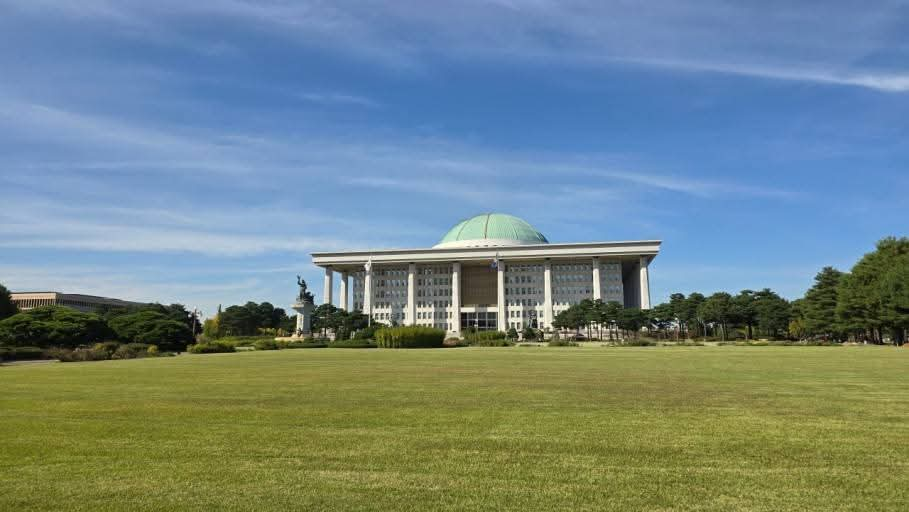On June 3, 2025, Lee Jae-myung of the Democratic Party of Korea was elected as the 21st President of South Korea. The AsiaN is publishing the hopes and expectations of Koreans for the new president and administration in both Korean and English editions. We welcome the interest, feedback, and constructive criticism of our readers.
The AsiaN Editorial Team

By Kim Yong-gil
Journalist at the Dong-A Ilbo, Author of “The Power of Editing”
SEOUL: South Koreans are known for their rigorous assessment of those in power. The maturity of Korean democracy stands on par with that of advanced nations. What the new administration must prioritize is clear: economic revitalization and the recovery of everyday livelihoods.
The U.S.-China power struggle is intensifying. Former President Trump’s aggressive tariff policies have disrupted global supply chains. At home, Korea is facing a perfect storm: low birthrates, a super-aging population, and growth that has fallen from the 1% range into near-zero. The productive population is shrinking, while social costs-particularly elder welfare-are rising exponentially.
Korea once surged forward on semiconductor and automobile exports, but the global economic slowdown has dulled that momentum. Domestic consumption is locked down. Working-class wallets are thinner than ever. Meanwhile, China looms large: it leads the world in electric vehicles, battery technology, solar energy materials, and drones.
Trump’s America is doubling down on industrial protection and job creation under the “MAGA” banner. China, under Xi Jinping, is pushing its “Made in China 2035” plan, a 10-year strategy to revive its manufacturing dominance.
In Korea’s 21st presidential campaign, slogans like “100 trillion won for AI investment,” “Training 200,000 AI experts,” and “Becoming a global AI top 3” floated about. But they were little more than empty rhetoric—conceptual propaganda lacking concrete alternatives, clear roadmaps, or financial feasibility. Where will the funding come from? Where is the implementation plan?
Korea has no natural resources to speak of. It industrialized as a processing and logistics-driven export economy. Now, it must evolve into a nation of technological innovation. The new frontier lies in future industries: artificial intelligence, humanoid robotics, biotechnology, decarbonized energy, social network platforms, quantum computing, and space science. These are the sectors in which Korea must claim global leadership.
Economic achievement powered by political leadership is remembered. It brings recognition, praise, and, often, political longevity. President Lee Jae-myung should strive to be remembered as the leader who started and ended with the economy—a presidency defined by tangible growth and national vitality.
Finally, we must restore the dignity of the Korean language in our political culture. Words shape the consciousness of a nation. During the election, the air was thick with slander, mockery, and coarse insults. Citizens were weary of hearing and seeing it—from vitriolic campaign posters to bitter TV debates. Low-grade political metaphors polluted the public sphere. When language deteriorates, democracy follows.
We cannot pass down such a toxic political culture to future generations. President Lee must be the first to lead with language marked by dignity. The language of leadership must reflect empathy, encouragement, restraint, and clarity. In our National Assembly, let us see respectful, fact-based inquiries and responses rooted in truth and responsibility.
From this day forward, politicians—whose salaries are paid by the people—must truly earn their keep. Let their words be worthy of the trust they were given, and let their actions match that responsibility.



